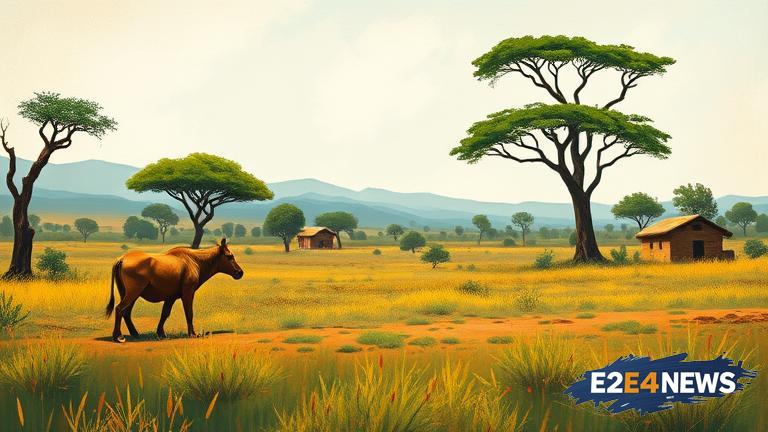The Radical Revolutionary Party (RPP) in Zambia has recently called for the government to expedite the issuance of land titles to indigenous Zambians. This move is seen as a crucial step towards promoting economic development, social justice, and equality among the local population. The RPP believes that the current slow pace of land title issuance is hindering the ability of indigenous Zambians to access credit, invest in their land, and improve their overall livelihoods. By accelerating the issuance of land titles, the government can help to unlock the economic potential of indigenous communities and reduce poverty. The RPP’s call to action is also driven by concerns over the historical injustices faced by indigenous Zambians, who have been marginalized and excluded from land ownership and decision-making processes. The party argues that the issuance of land titles is a fundamental right, enshrined in the Zambian constitution, and that it is essential to recognize and respect the rights of indigenous peoples to their ancestral lands. Furthermore, the RPP is advocating for the government to implement policies that promote the economic empowerment of indigenous communities, such as providing access to credit, training, and markets. The party also believes that the government should establish a transparent and accountable land administration system, which prioritizes the needs and interests of indigenous Zambians. In addition, the RPP is calling for the government to address the issue of land grabbing, which has resulted in the displacement of many indigenous communities from their ancestral lands. The party argues that land grabbing is a serious human rights violation, which undermines the dignity and well-being of indigenous peoples. To address this issue, the RPP is advocating for the government to establish a national land policy, which prioritizes the rights and interests of indigenous Zambians. The party also believes that the government should provide compensation and restitution to indigenous communities, who have been affected by land grabbing and other forms of displacement. Moreover, the RPP is calling for the government to recognize and respect the rights of indigenous peoples to their cultural heritage, including their traditional knowledge, languages, and customs. The party argues that the preservation of cultural heritage is essential to the identity and dignity of indigenous peoples, and that it is crucial to promote the cultural diversity and richness of Zambian society. In conclusion, the RPP’s call for the accelerated issuance of land titles to indigenous Zambians is a critical step towards promoting economic development, social justice, and equality in Zambia. The party’s advocacy for the rights of indigenous peoples is driven by a deep commitment to recognizing and respecting their dignity, cultural heritage, and human rights. By working together, the government, civil society, and indigenous communities can help to build a more just and equitable society, where the rights and interests of all Zambians are respected and protected. The RPP’s initiative has the potential to bring about positive change and to promote the well-being of indigenous communities, who have been marginalized and excluded for far too long. As the Zambian government moves forward with the issuance of land titles, it is essential to prioritize the needs and interests of indigenous Zambians, and to ensure that their rights are recognized and respected. This includes providing access to credit, training, and markets, as well as establishing a transparent and accountable land administration system. By doing so, the government can help to unlock the economic potential of indigenous communities, reduce poverty, and promote social justice and equality. The RPP’s call to action is a timely reminder of the need to prioritize the rights and interests of indigenous Zambians, and to work towards a more just and equitable society. The party’s advocacy for the rights of indigenous peoples is a critical step towards promoting economic development, social justice, and equality in Zambia, and its efforts should be supported and recognized by all stakeholders.
